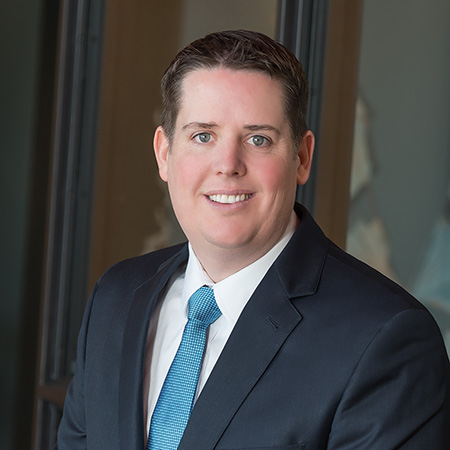One of the most important items to check off your checklist when considering your retirement is to know your broker. Some of us may know someone who is a broker, while others are doing a google search for one with good reviews and close to home. Regardless of your relationship to the broker, it is necessary you do some basic fact gathering about him or her before hiring them to manage your investments.
The simplest way to do this is by using the Broker Check system on FINRA’s website. Every broker in the United States is required to register with the Financial Industry Regulatory Authority, otherwise known as FIRNA. FINRA is the governing body that keeps an eye on brokers. FINRA regulates the arbitration and prosecution of brokers when they act inappropriately with an investor’s portfolio. FINRA also catalogues every single broker and lists any infractions they may have against them. A simple search of the broker’s name will suffice and you will be presented a timeline of that broker’s history. The timeline will include when he or she registered with FINRA, what firm he or she is working for, and if there was ever a customer dispute with that broker.
Every broker in the United States is required to register with the Financial Industry Regulatory Authority, otherwise known as FINRA.
This is extremely valuable information to have prior to opening an account with that broker. You would not get your car serviced with a mechanic that has a history of ruining car engines, just like you would not want to hire a broker that has a history of losing money for his clients. Client disputes show up as red dots on the broker’s timeline. If you discover a red dot on the timeline, you will want to scroll down the page to the “DISCLOSURES” section. In that section it will give a detailed
It is also important to review how many different firms a broker has worked for. Has the broker been there for 30 years, or has the broker had a new firm every few years? This is not always a bad thing to switch up where one works, but it is a variable you must consider when hiring a broker.
Once you have reviewed your potential broker, you will also want to look up that broker’s current firm. This can be done by searching by the firm’s name or by the firm’s CRD number which is listed on the broker’s page. A cursory look through the firm’s page can provide valuable information to you. How many times has the firm been a part of a customer dispute? When was it formed? How many brokers are employed there? These questions can help you understand how the firm operates and if it is a good fit for you and your money.

Sean M. Sweeney is a shareholder at Halling and Cayo, a full service law firm in Milwaukee, WI and the head of its Securities Litigation team.
He represents individual and institutional investors in FINRA arbitration and court nationwide. He recovers investment losses from fraud or breach of duty from their broker-dealer.
Contact him at (414) 755-5020 or via e-mail at SMS@hallingcayo.com to see if he can help recover your funds.
